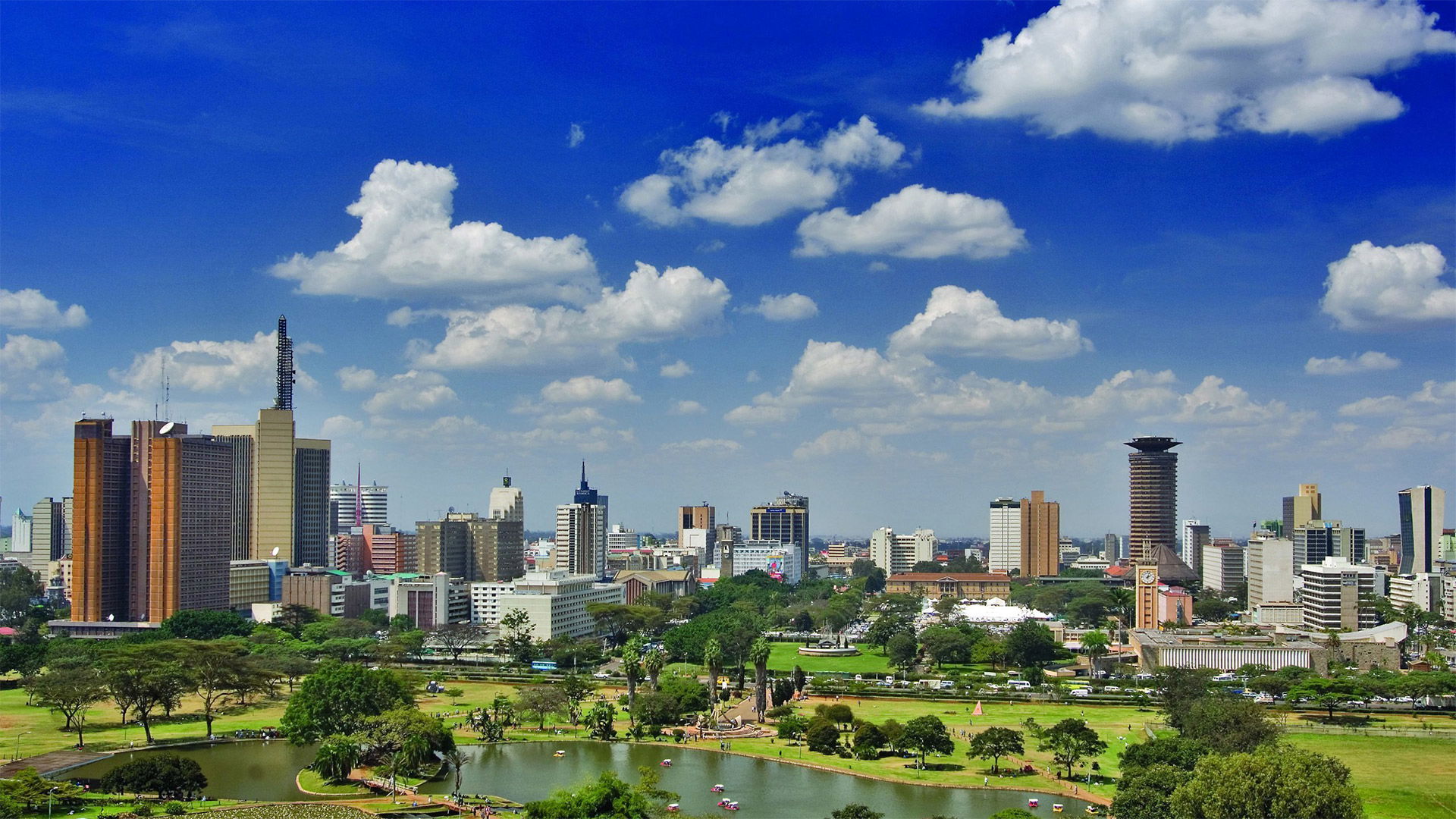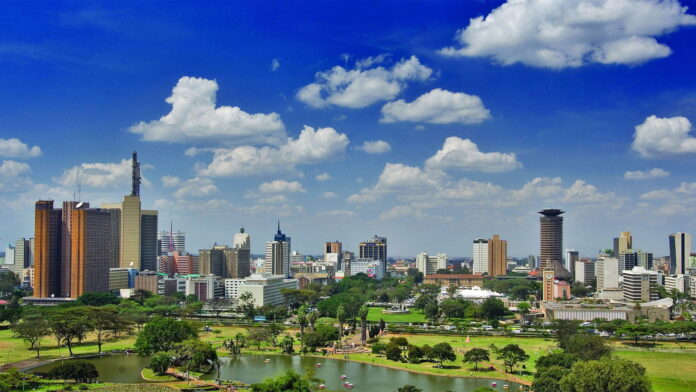
Kenya’s betting industry has seen a notable reduction in the number of licensed betting firms this year, with 10 firms exiting the market since January.
The Betting Control and Licensing Board (BCLB) now lists 118 licensed betting firms, down from 128 at the beginning of the year. This decline may indicate that some firms have had their licenses revoked, while others may have voluntarily closed their operations, although the BCLB did not provide specific reasons for the drop.
However, several betting companies that have exited the Kenyan market have pointed to “punitive taxation” as a significant factor in their decision to cease operations. For instance, Betsafe shut down in May 2024, citing the heavy tax burden that has made it increasingly challenging to remain profitable.
Despite the exits, the Kenyan betting market has also welcomed new entrants. According to the latest BCLB list, 12 new firms have joined the industry, including Top Deck Entertainment, Lucky Majesty Limited, Superior Ideas Kenya Limited, Glory Bet Limited, and Poker Kings Limited.
The high turnover of firms in the betting industry comes amid growing concerns over the sector’s tax obligations. Betting companies in Kenya face a 15 percent tax on gross gaming revenue, in addition to a 30 percent corporate tax on profits. They are also required to pay a 16 percent income tax, alongside annual licensing and compliance fees.
Moreover, the financial burden extends to the gamblers themselves, who pay an excise tax of 12.5 percent on every betting stake and a 20 percent withholding tax on any winnings. These tax rates are among the highest in the region, contributing to the challenges faced by both betting firms and gamblers.
Kenya has one of the highest rates of youthful gamblers in Africa, with 76 percent of the country’s gamblers being under the age of 35. This places Kenya ahead of other major gambling markets in Africa, such as Nigeria and South Africa.
BCLB data shows that Kenyan gamblers spend an average of KSh 2,500 ($19.38) per month on betting, with 80 percent of these punters earning less than KSh 30,000 ($232.56) monthly. For many, particularly the unemployed, betting is seen as a quick way to make money and cover daily expenses, which may explain the industry’s enduring popularity despite the heavy tax burden.
The Kenyan government, through the Treasury, has been increasing efforts to regulate the betting industry more stringently. These efforts include higher taxation and stricter compliance measures aimed at curbing the use of the sector for money laundering and other illicit activities.
For example, the Treasury recently attempted to increase the excise duty on betting stakes to 20 percent through the Finance Bill, 2024. However, this proposal was ultimately rejected, leaving the tax rate at the current 12.5 percent.
Original article: https://www.yogonet.com/international/noticias/2024/08/26/76644-kenya-39s-betting-industry-sees-licensees-exit-market-amid-increased-taxation-regulatory-pressure














